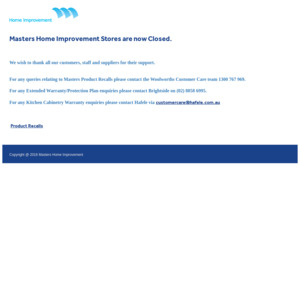As I am an avid user of Ozbargain (addicted really) and I have been buying quite a few things lately, mostly click and collect. I have noticed a trend where the company I am picking the items up from are asking for my ID for verification. This I have no problem with.
My problem is, they are writing down my drivers licence without my consent, in no secured way eg. picked something up from Masters and the girl was about to write my drivers licence number on the back of the receipt. I stopped her and told her I do not consent to that. Sighting it was good enough. This also happened at Good Guys where they wrote my licence number in a book. Got the person to scribble out my drivers licence.
I am not a paranoid person but I regard my drivers licence number as a valuable piece of information that if fell into the wrong hands could be used for many things like identity theft or worse.
Any one else noticed this trend? Do you think I am being over cautious?

No you are not being over cautious, I think this is good practice. The less personal information you give the better.